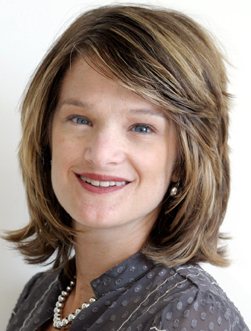
Tiffany Kaszuba, Vice President Cavarocchi Ruscio Dennis Associates
Manager to the Coalition for Health Funding
CFYM continues the series on mental health funding with a look at how the sequestration is affecting access to care in local communities and shares ways your voice can make a difference.
In our last post, we took note of the federal agencies that make up the public health continuum and their contributions to mental health specifically. Together, these agencies work to prevent illness and promote wellness, provide care for the afflicted, make sure that health professionals are there when we need them, monitor the threats facing Americans, and put in place policies and procedures to protect their health. However, despite the critical work of keeping Americans both physically and mentally healthy, these agencies have scarce resources that continue to disappear as austerity maintains its hold on the federal budget.













Connect With Us